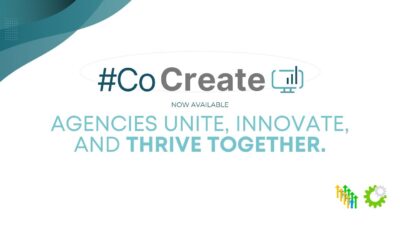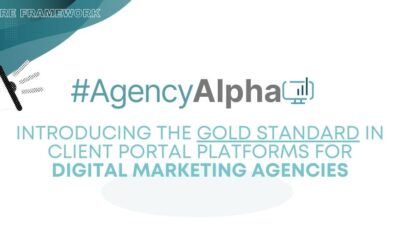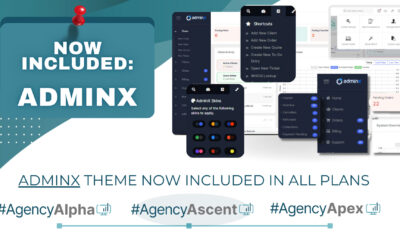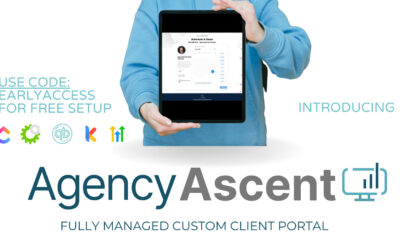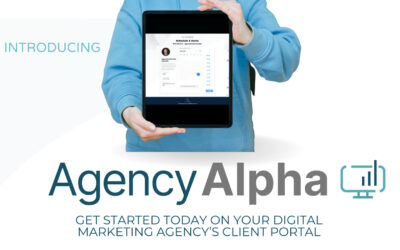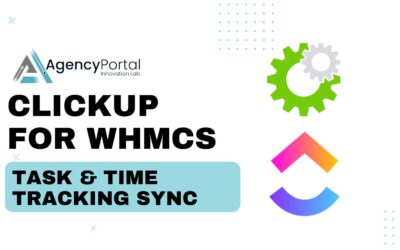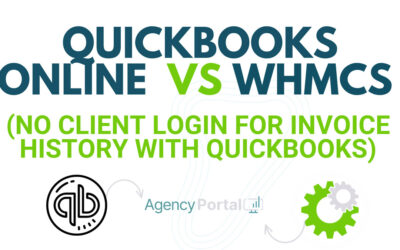Every digital marketing agency knows the challenge: a project grows beyond its original scope, and suddenly, you’re dedicating unaccounted hours to additional tasks. This scenario underscores the importance of a solid time-based billing model, ensuring you’re compensated for every hour of work, especially for those unexpected extras. Here, we discuss the significance of establishing a clear billing structure and how tools like wbTimeLog can be instrumental in this process
The Dilemma of Out-of-Scope Projects
It’s a common narrative – a client requests “just a small addition” to a project, and before you know it, your team has spent several extra hours on tasks that weren’t part of the initial agreement. Without a clear time-based billing strategy, these additional hours can easily go unpaid, leading to losses for your agency and frustration for your team.
Selling Blocks of Time: A Solution
One effective method to counteract this issue is selling pre-paid blocks of time. Clients purchase a set number of hours upfront, which can be used for any out-of-scope requests. This approach sets clear boundaries and expectations, ensuring clients are aware that additional work requires additional time and, therefore, additional investment.
Flat Rates vs. Hourly Rates: Finding Your Balance
While some agencies prefer the predictability of flat rates, others opt for the flexibility of hourly billing. The key is determining which model aligns with your agency’s needs and ensuring it’s transparent and fair to both your team and your clients. Remember, the goal is to be compensated for your work without overcharging your clients.
Implementing Time-Based Billing with wbTimeLog
Once you’ve established your billing model, you need the right tool to implement it. wbTimeLog is designed for this very purpose, providing a seamless way for agencies to track time spent on projects accurately. With features like credit management and detailed time logs, it’s easier than ever to manage and bill for every minute of work, including those unexpected tasks.
Final Thoughts
Implementing time-based billing is a transformative step for any digital marketing agency. It not only ensures fair compensation for your work but also establishes clear expectations with your clients, fostering a more transparent and trusting relationship. However, transitioning to this model isn’t merely about tracking hours and sending invoices. It’s about strategically aligning your billing practices with your agency’s long-term goals and operational needs.
Next Steps
As you consider this shift, it’s crucial to ponder some key aspects that will fundamentally influence how you implement time-based billing. Questions about your rate, policies on unused hours, overage charges, and billing cycles need clear, upfront answers. These aren’t just operational details; they’re cornerstones of your business model.
In our next post, we’ll delve into these critical considerations in detail, helping you prepare for a smooth, informed transition. We’ll guide you through the thought process and practical steps needed to set the stage for a scalable, successful implementation of time-based billing with wbTimeLog, right within your AgencyPortal setup. The journey toward operational excellence continues, and we’re here to navigate it with you.
Click here to learn more about wbTimeLog and how it can revolutionize your approach to billing. And stay tuned for our next discussion on setting the stage for successful time-based billing!



